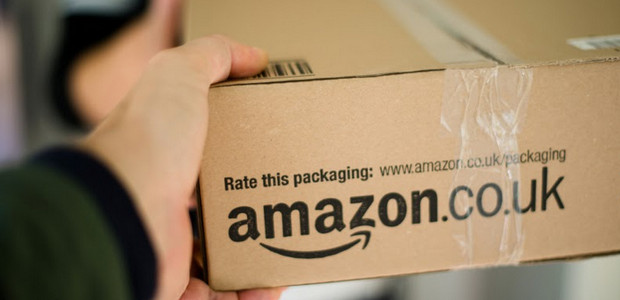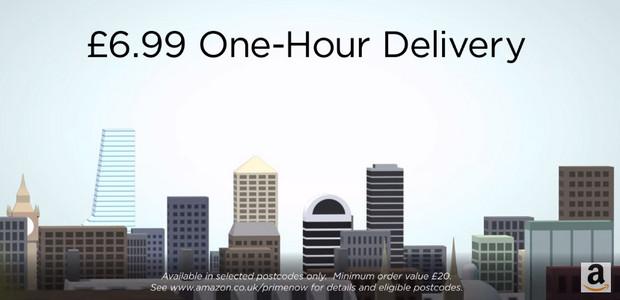
Recently, the UK mapping agency Ordnance Survey announced that it was making all of its data freely available to the public online, as part of a government drive to give people greater access to public information.
But what does this mean for the furure of Ordnance Survey, and is it good news for the public?
Here’s Wirefresh’s free data advocate Matt Spring to cast light on the main issues. So is it good news for us all, Matt?
Yes. In short, this is a Very Good Thing and people have been campaigning for this data to be opened up for close on a decade.
This isn’t really about the actual map images though, although some of those have been released. The really important stuff are the things like electoral boundaries, postcodes, locations of hospitals etc.
The underlying data that goes into the maps. These are part of the digital infrastructure of a modern country, and the government has recognised that these should be funded centrally, much in the same way the motorway network is.
The argument is that by releasing such data for free the government will make back the money through the tax system by encouraging entrepreneurship, social change and efficiency. As an example I once worked for a statutory body who had apparently paid a temp to stay up all night looking up postcodes on a paper map as they didn’t have a licence for the digital copy.
More on the economic justification of this here: http://www.rufuspollock.org/2008/03/…blished-today/
Commercial concerns
As far as what it means for the OS, most of their money will be coming directly from the government in the form of a grant. Under the old system they had to make their money from selling data as commercial products. This lead to the crazy system whereby government paid for the mapping data to be collected and then sold it back to itself (e.g. councils, electoral commission etc).
It also meant that if you were wanting to start a new company using this data or were running a nonprofit service (like planningalerts.com) you had to either cough up several grand or break the law. I’ve often wondered how many companies have stumbled at this first step and never come into being.
The OS will continue to to make and sell paper maps, although other people will be able to make their own ones using the raw data. So someone might make a map optimised for wheelchair users, or bird watchers etc. There will be more maps and location services which is a good thing in my book.
The data release doesn’t include the main rambling maps as the OS put the case that they make too much money from them. It’s a shame though, as I bet people would come up with loads of useful uses for those. Not a bad price to pay for getting the other data though.
Impact on OS
In short, I don’t think this will have any negative impact on the OS, and to be honest even if it did and they for some reason stopped printing paper maps in the future, then since the data is open someone could just set up a company offering exactly the same products. I can’t see us ever being in that situation though.
The only real losers in this settlement are the companies who build a business acting as resellers of OS data. They essentially resold and distributed exactly the same digital products but taking a small cut, there’s not really any need for them anymore, but since they know the products well I’m sure they will adapt.
The next big challenges are Companies House data and transport stuff.


